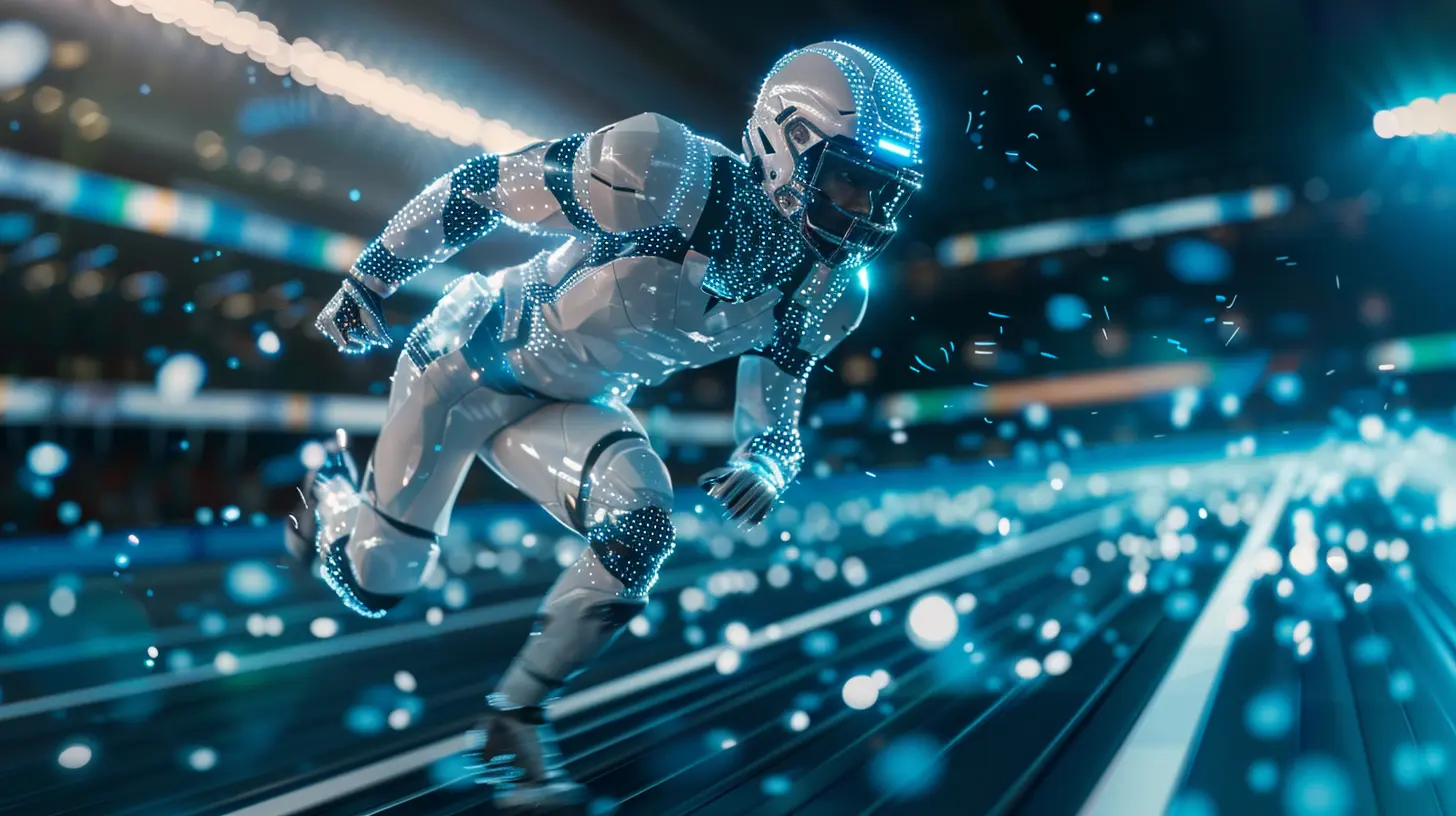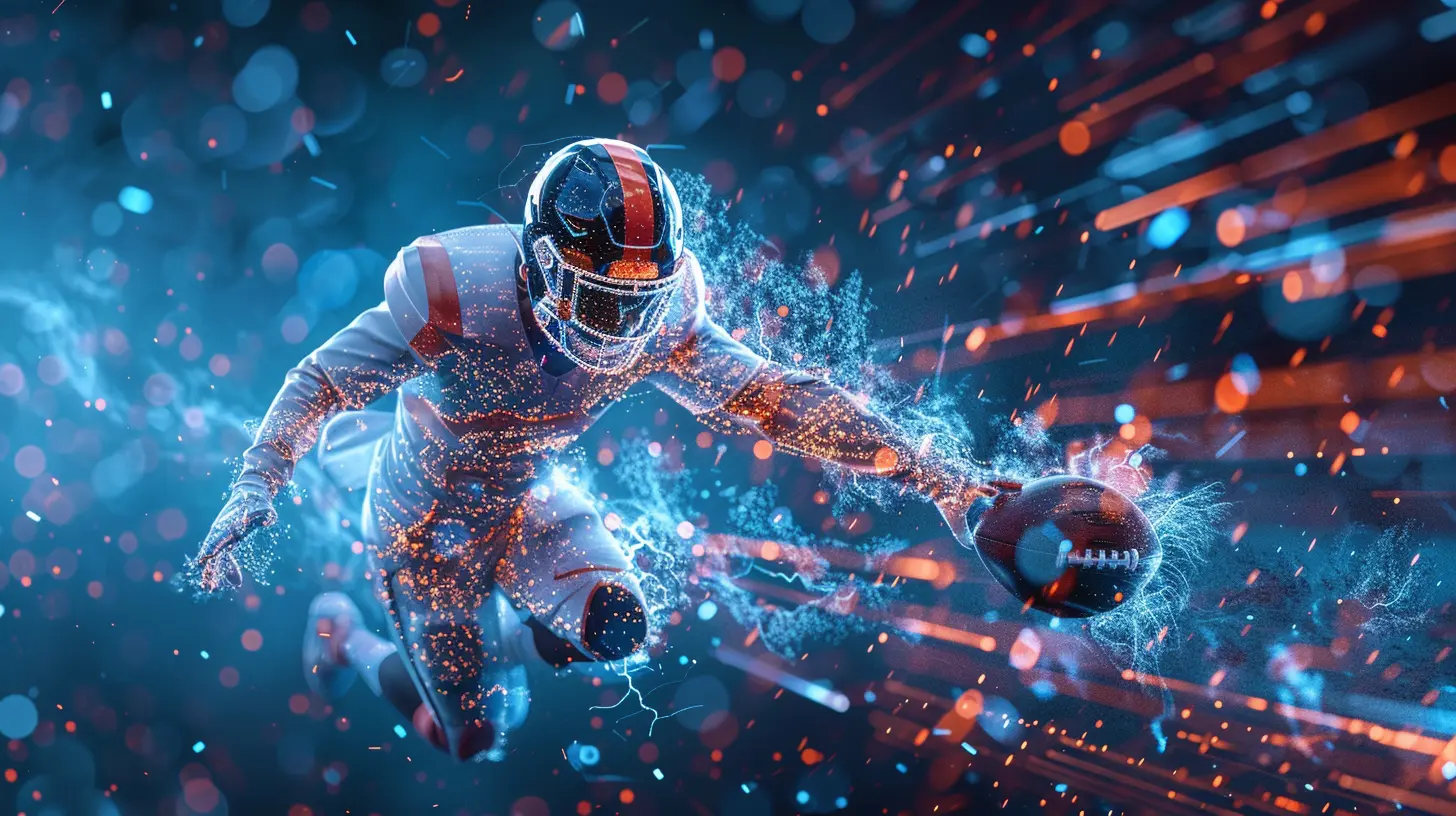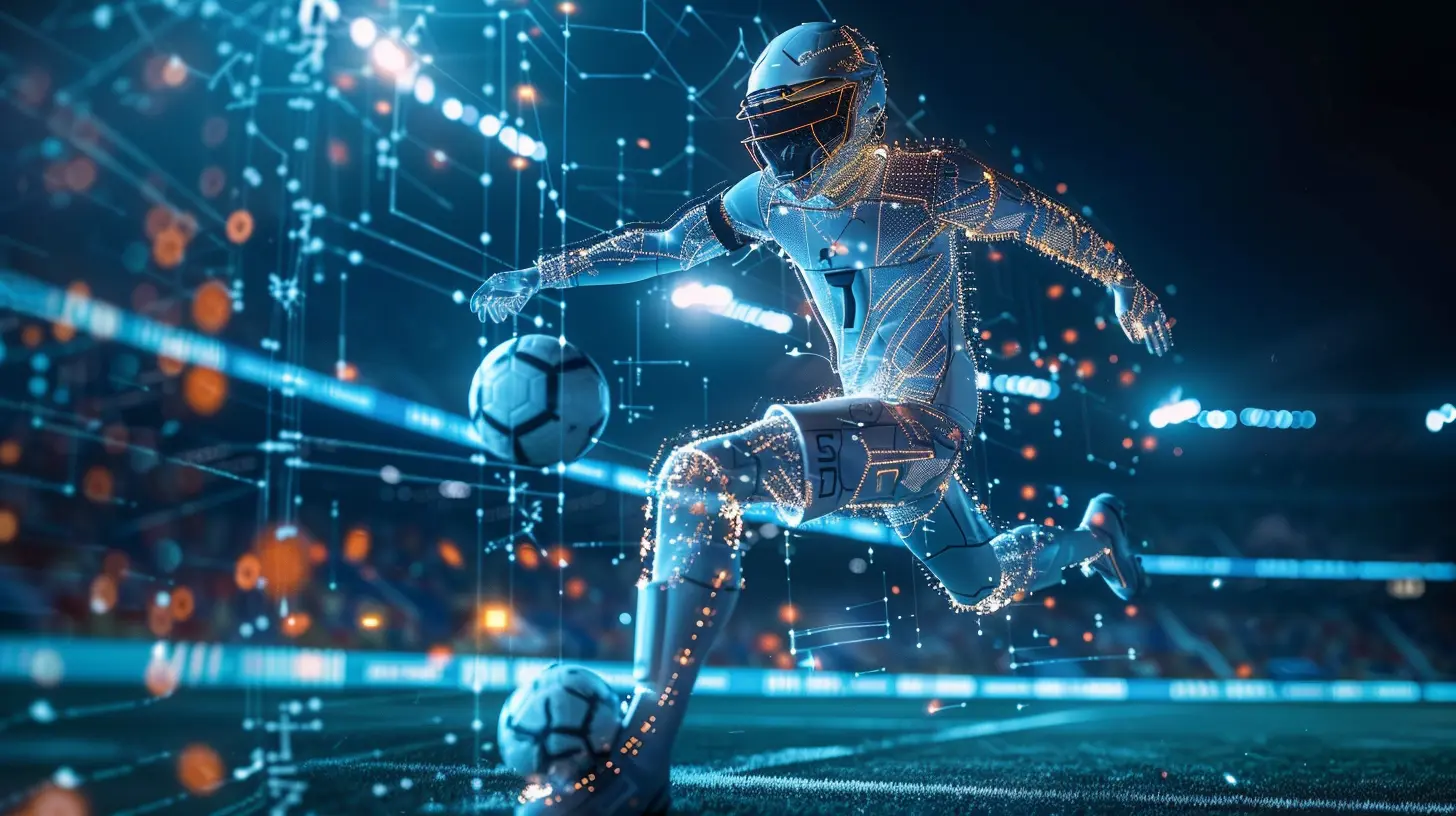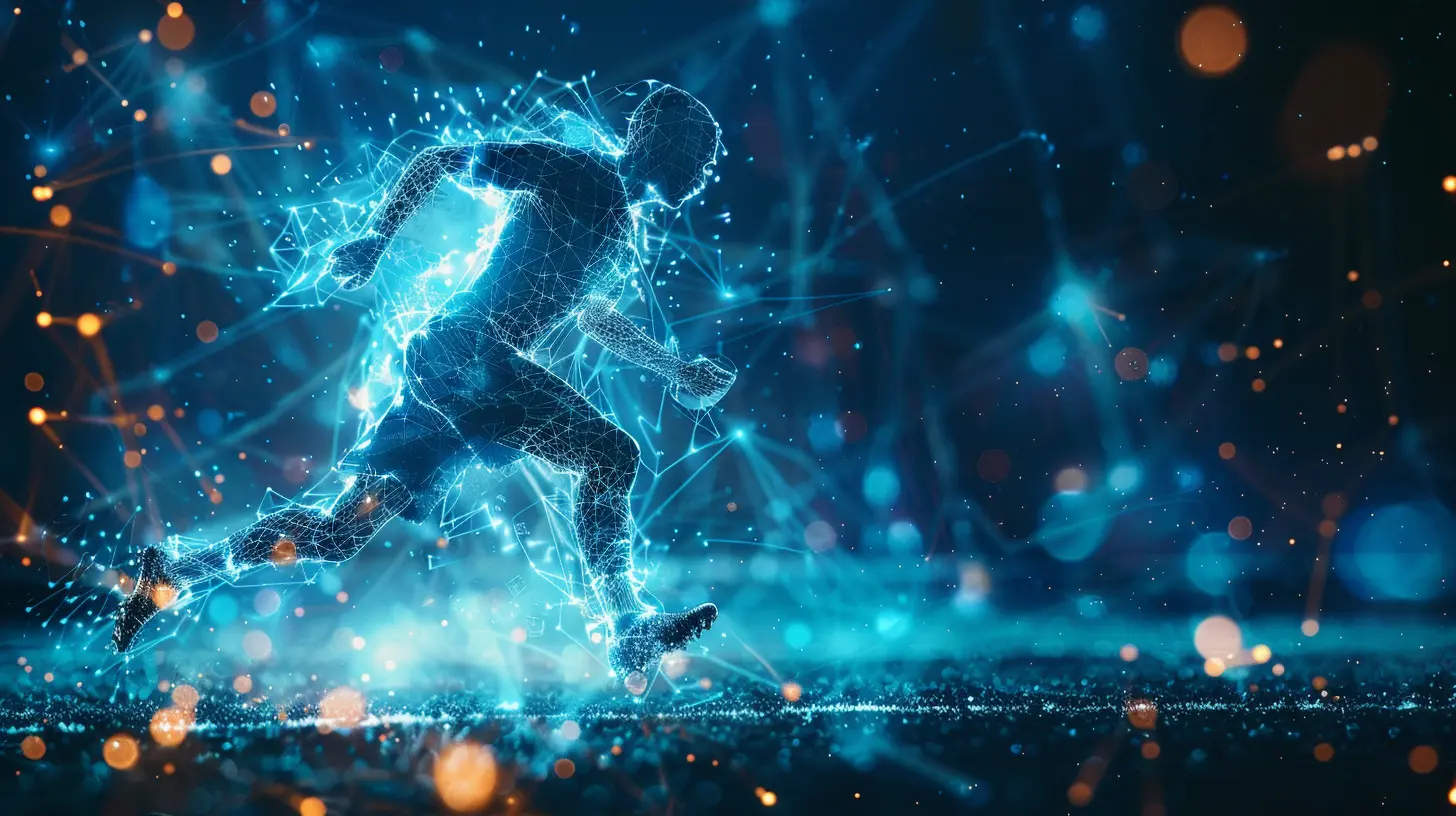The Role of Artificial Intelligence in Sports Performance Analysis
16 November 2025
Artificial Intelligence (AI) has been making waves across many industries, and sports is no exception. Over the years, AI has transformed how teams train, strategize, and perform on the field. From tracking player movements to predicting game outcomes, AI plays a crucial role in sports performance analysis.
But how exactly does AI impact sports, and why is it such a game-changer? Let's break it down.

Understanding AI in Sports Performance
Before we dive into specifics, let's define what AI in sports performance analysis actually means. AI refers to advanced computer systems that analyze data, recognize patterns, and make predictions or decisions. In sports, this means using AI to study player performance, improve training methods, and even assist coaching staff in making tactical decisions.With the power of AI, teams no longer rely solely on intuition or past experience. Instead, they use real-time data to make smarter, more informed decisions.

The Evolution of Sports Performance Analysis
Traditionally, coaches and analysts relied on manual scouting, video reviews, and basic statistics to assess player performance. While useful, these methods had limitations, such as human bias and inefficiency.Now, AI-powered tools have revolutionized this process. Advanced algorithms process extensive amounts of data in seconds, providing insights that would take humans hours—if not days—to analyze. Whether it’s analyzing player fatigue, detecting injuries before they happen, or predicting the best passing strategy, AI has significantly improved sports analysis.

Key Areas Where AI is Transforming Sports Performance
So, how exactly is AI changing the game? Here are some key areas where it’s making an impact:1. Real-Time Player Tracking
AI-powered cameras and wearable sensors collect precise data on player movements, speed, and positioning. This allows teams to track performance in real time and make adjustments based on actual data. Sports like football, basketball, and soccer heavily rely on this technology to monitor performance and optimize tactics.For instance, in the NBA, AI-driven tracking systems analyze shooting angles, defensive formations, and player efficiency. Coaches then use this data to tweak strategies mid-game or during practice sessions.
2. Injury Prevention and Recovery
Injuries can be the difference between a winning and losing season. AI helps teams predict and prevent injuries before they occur. How? By analyzing data on workload, muscle strain, and biomechanics, AI identifies players at risk of injuries and suggests adjustments to their training routines.Take soccer, for example. AI programs analyze how often a player sprints, their heart rate variability, and the force exerted in tackles. If a player's workload is too high, coaches receive alerts to modify their training to avoid potential injuries.
3. Performance Optimization
AI doesn't just analyze games—it helps athletes fine-tune their skills. Machine learning models study an athlete’s movements and techniques, comparing them to an ideal form. If a golfer’s swing has flaws, an AI system can pinpoint them and provide recommendations for improvement.Similarly, tennis players use AI-driven analysis to perfect their serves. AI tracks ball speed, spin rate, and racket angles, giving players a clear idea of what adjustments to make.
4. Opponent Analysis and Game Strategy
One of AI's biggest advantages is its ability to analyze opponents. Teams use AI-driven scouting tools to break down an opponent's playing style, strengths, and weaknesses.Take American football as an example. AI analyzes past gameplay footage, identifying patterns in a team's offensive and defensive strategies. Coaches then develop counter-strategies based on AI-driven insights, potentially giving their team an edge.
5. AI-Powered Refereeing and Officiating
Referees aren’t perfect, and controversial calls can change the course of a game. AI-assisted refereeing helps reduce human error, ensuring fairer outcomes.We’ve already seen this in action with technologies like VAR (Video Assistant Referee) in soccer and Hawk-Eye in tennis. These AI-powered systems analyze plays in real time, assisting referees in making accurate decisions.
6. Mental Performance and Cognitive Training
Sports aren’t just physical—mental strength plays a huge role. AI-powered tools help athletes train their cognitive abilities, improving focus, reaction times, and decision-making under pressure.For example, AI-driven simulations allow athletes to experience game-like scenarios and make split-second decisions. This type of mental training sharpens their ability to react effectively during real matches.

AI in Action: Real-World Examples
Let’s take a look at some real-world examples of how AI is transforming sports:- Liverpool FC uses AI-driven data analysis to assess player performance and make tactical adjustments.
- The NBA relies on AI-powered motion tracking to analyze shooting efficiency and defensive strategies.
- Formula 1 teams use AI simulations to optimize race strategies and vehicle performance.
- Nike and Adidas incorporate AI into their wearable tech to monitor athletes’ biometric data and suggest performance improvements.
These are just a few examples, but the list keeps growing as AI continues to advance.
The Future of AI in Sports
So, what’s next? AI is still evolving, and its role in sports performance will only expand. Here’s what we can expect in the future:- Even More Personalized Training Regimens – AI will develop highly customized training programs tailored to each athlete’s specific needs.
- Increased Use of Virtual Reality (VR) and AI – AI-powered VR simulations will allow athletes to train in realistic game scenarios.
- Advanced Injury Rehabilitation – AI will play a bigger role in guiding athletes through recovery, ensuring they return to peak performance faster.
- Smarter Game Predictions – AI-driven analytics will provide more accurate game predictions, benefiting both teams and sports bettors.
Ultimately, AI isn't replacing human decision-making—it's enhancing it. Coaches, players, and analysts who embrace AI will have a significant edge in the constantly evolving world of sports.
Conclusion
Artificial intelligence has changed the way sports teams analyze performance, prevent injuries, and develop strategies. With AI-powered tracking, injury prevention tools, and advanced analytics, athletes and coaches now have access to unparalleled insights.As AI technology continues to improve, its impact on sports will only grow. Whether you're an athlete, a coach, or just a sports enthusiast, one thing is clear—AI is reshaping the game in ways we never thought possible.
all images in this post were generated using AI tools
Category:
Sports ScienceAuthor:

Nelson Bryant
Discussion
rate this article
1 comments
Uri McGhee
Who knew AI could be the ultimate sports coach? It’s like having a digital teammate that never tires! From analyzing plays to predicting stats, it's time for our robots to join the team—just make sure they don’t steal our snacks during the game!
November 16, 2025 at 8:37 PM

Nelson Bryant
Absolutely! AI is revolutionizing sports coaching by providing insights that enhance performance. And don’t worry—our digital teammates are all about strategy, not snacks!


